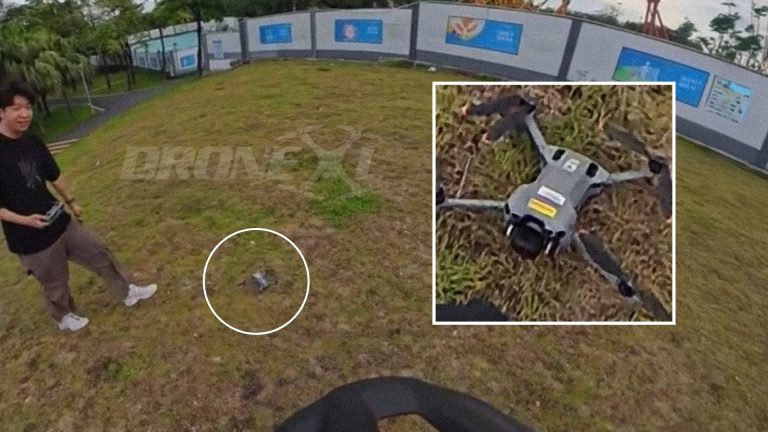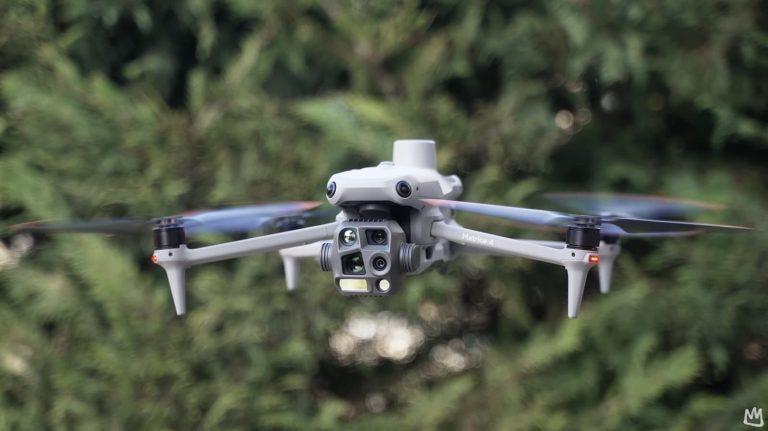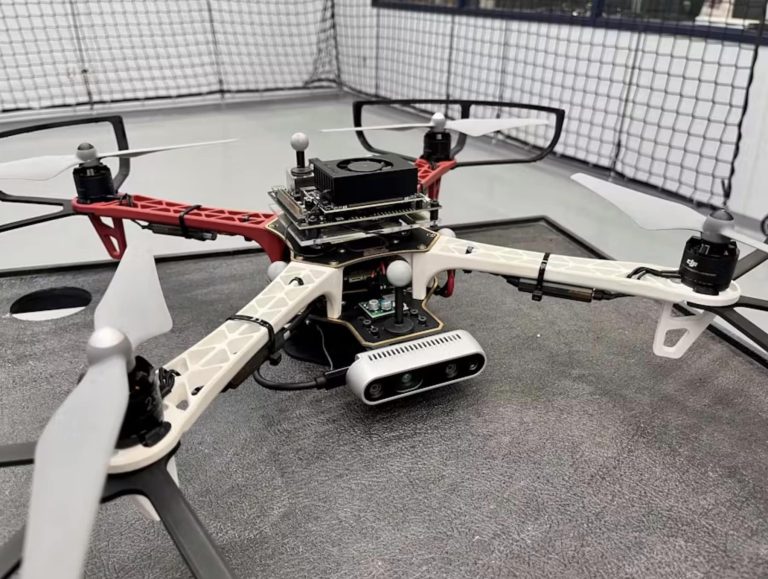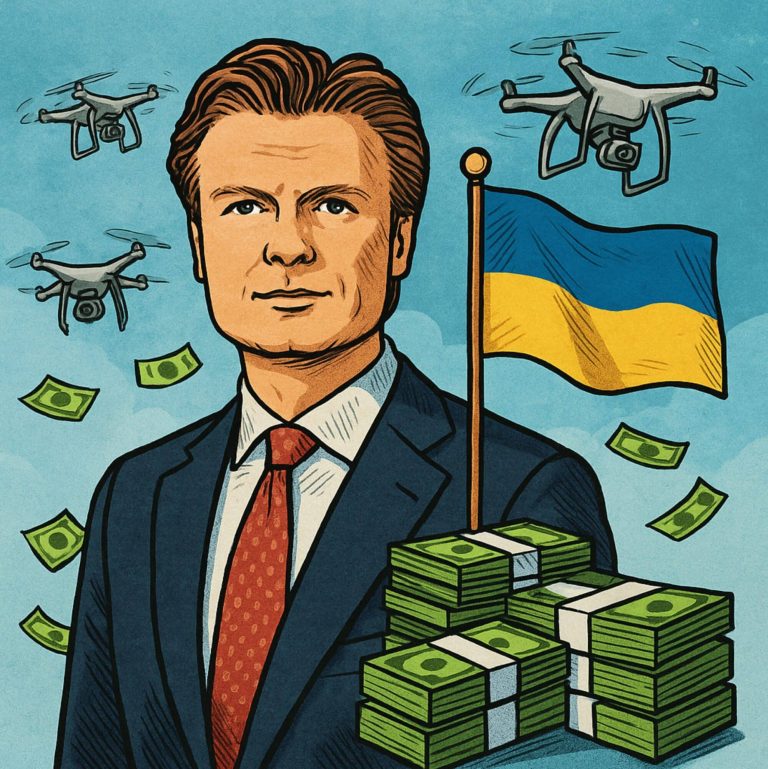In a startling revelation, the group known as the Epic Games hacker, nicknamed “Mogilevich,” has confessed to running a scam involving drone maker DJI. Previously thought to be a ransomware attack group, they’ve now admitted that their actions were a deceitful scheme to make quick money. This admission, surprisingly, wasn’t about leaked data from a prominent games developer, Epic Games. Instead, it uncovered a different truth. News of the scam involving DJI was first shared on X by Kevin Finisterre.
Breaking Down the Scam that involved DJI
A member of the Mogilevich group, Pongo, made it clear that they’re not in the dangerous world of ransomware, rather they’re a group of professional fraudsters.
“None of the databases listed in our blog were as true as you might have discovered recently. We took advantage of big names to gain visibility as quickly as possible, but not to fame [sic] and receive approval, but to build meticulously our new trafficking of victims to scam.” Pongo explained.
The group went on to elaborate that they sold their fake ransomware setup to eight unsuspecting would-be hackers, doubling the access price at the end. In a sneaky move, Mogilevich asked for screenshots of crypto wallets, supposedly to verify their authenticity. However, they used these screenshots to pretend they had hacked wallets, thus making more money.

Scamming the Big Fish
The group recently claimed to have infiltrated the network of leading drone manufacturer DJI, tricking a person into parting with a staggering US$85,000. The asking price for the alleged one-terabyte database was an incredible hundred thousand dollars.
“We were immediately contacted by interested people, one of them was put at ease, as if he were the boss at the time,” Pongo noted.
The scammers made the victim believe that even a small data leak could be catastrophic, hence, they provided no real evidence.
Understanding the Confession’s Purpose
“Now the real question is? Why confess all this when we could just run away? This was done to illustrate the process of our scam,” Pongo reportedly said. “We don’t think of ourselves as hackers but rather as criminal geniuses, if you can call us that.”
Although it’s wise to question the group’s claims, it’s clear that Mogilevich has been successful in its deceit, duping not only innocent victims but also cybersecurity professionals reporting on their operations.
The bottom line is, this incident highlights the importance of continuous alertness and thorough checks as cyber threats become more complex and deceptive. It’s a wake-up call: not everything that glitters is gold.
























+ There are no comments
Add yours